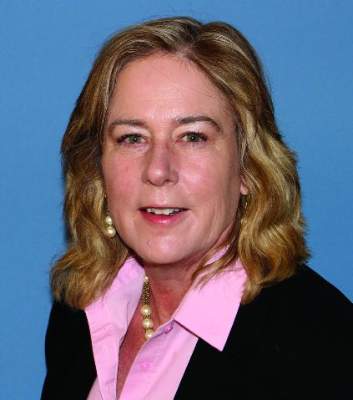The following opinions are my own and not those of the Veterans Health Administration.
A recurring question at many of the talks I give on posttraumatic stress and related topics is: “How can civilian providers relate to military service members and veterans?”
There are now online and in-person courses on this topic. The Center for Deployment Psychology in Bethesda, Md., and Massachusetts General Hospital in Boston are two of the better sources for these. Here, I would like to offer my condensed version.
Know that most service members (active duty Army, Navy, Air Force, and Marines) and recent veterans (for example, those recently discharged from the military and no longer on active duty) do not want to be talking to you, “the shrink”). They may have had bad experiences with either military behavioral health care or the Department of Veterans Affairs.
Frequently, they are brought in by a spouse or girlfriend who says some version of: “If you do not get help, I am getting a divorce.”
So start with neutral subjects and their strengths.
I usually ask first where they live and who lives with them (which usually tells you a lot about socioeconomic status and relationships).
Then I ask about military history. Their branch of services, when they were/are in the military, and their job (known as MOS, military occupational specialty in the Army), and what rank they were when they left the service.
The answers reveal a lot. The Air Force and part of the Navy have more technical occupations. Marines and some Army specialties are “ground pounders,” often serving in the infantry, who were heavily exposed to combat from the wars in Afghanistan and Iraq.
What conflicts the veterans were in, if any, are very important. Those who have served in Afghanistan (Operation Enduring Freedom) and Iraq (Operation Iraqi Freedom, Operation New Dawn, etc.) are usually very proud of their military service. However, those veterans may be internally conflicted, usually over friends who were wounded or who died, while they survived.
This latter subject often touches on the theme of moral injury, feelings of shame or guilt that they have returned home, while others have not.
Service members may not want to talk about these issues, as they reawaken those feelings. They often are reluctant to describe traumatic combat events to “someone who has not been there.” So, in my current VA practice, I touch very lightly on these issues, especially in the first meeting.
Usually, the service member or veteran is relieved about not having to talk about having “their friend’s head blown off.” I do say, “We can return to these events when and if you are ready.”
Service members may be reluctant to start medication, especially if they are worried about sexual dysfunction or addiction. They also may be avoidant of traditional trauma therapies, because revisiting the traumas is too painful. Be patient with their reluctance.
So again, focus on strengths. “What did you do in the military that you are most proud of?”
A very practical approach about other issues, such as housing and employment, will go a long way.
Many veterans, unfortunately, have blown through relationships, perhaps because of their posttraumatic stress disorder and related depression and substance abuse. They may be housed, couch surfing, or sleeping in their car. Another practical question is, “Where are you sleeping tonight?” (The VA, by the way, is very good at getting housing for homeless veterans.)
I have often said: “A good job is the best intervention for better mental health.” It adds structure, a paycheck, and a purpose for life.
Finally, I also talk about integrative or complementary medicine. Yoga, meditation, canine or equine therapy, and acupuncture are some of the alternatives that may allow them to modulate their hyperarousal and reconnect with their loved ones.
So, this is the quick version of “how to talk to veterans.” Delve into other resources as needed.
Dr. Ritchie is a forensic psychiatrist with expertise in military and veterans’ issues. She retired from the U.S. Army in 2010 after serving for 24 years and holding many leadership positions, including chief of psychiatry. Currently, Dr. Ritchie is chief of mental health for the community-based outpatient clinics at the Washington, D.C., VA Medical Center. She also serves as professor of psychiatry at the Uniformed Services University of the Health Sciences in Bethesda, Md., and at Georgetown University and Howard University, both in Washington. Her recent books include “Forensic and Ethical Issues in Military Behavioral Health” (Department of the Army, 2015) and “Posttramatic Stress Disorder and Related Diseases in Combat Veterans (Springer, 2015). Dr. Ritchie’s forthcoming books include “Intimacy Post-Injury: Combat Trauma and Sexual Health (Oxford University Press, 2016) and “Psychiatrists in Combat: Mental Health Clinicians’ Experiences in the War Zone” (Springer, 2017 ed.)




